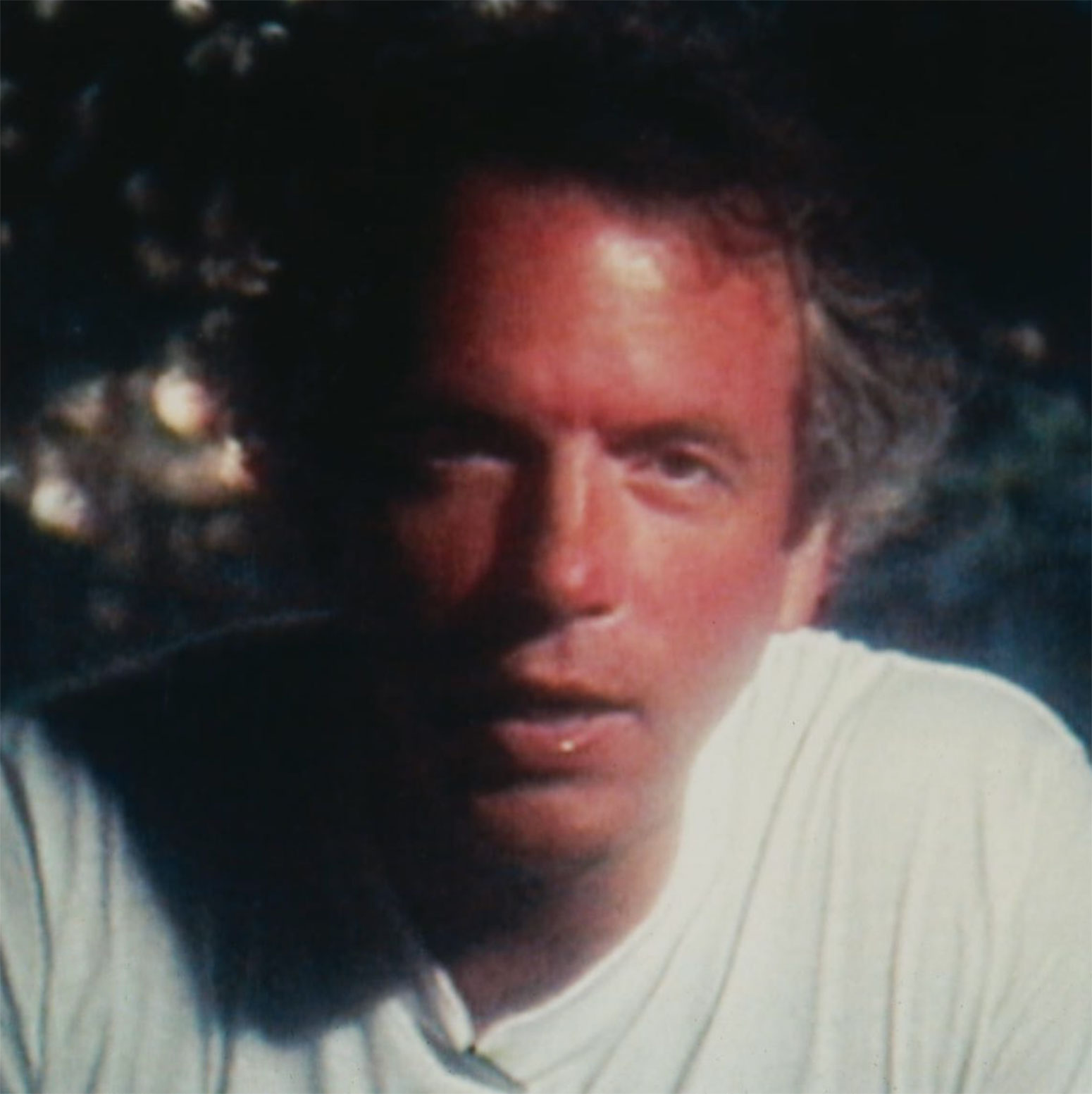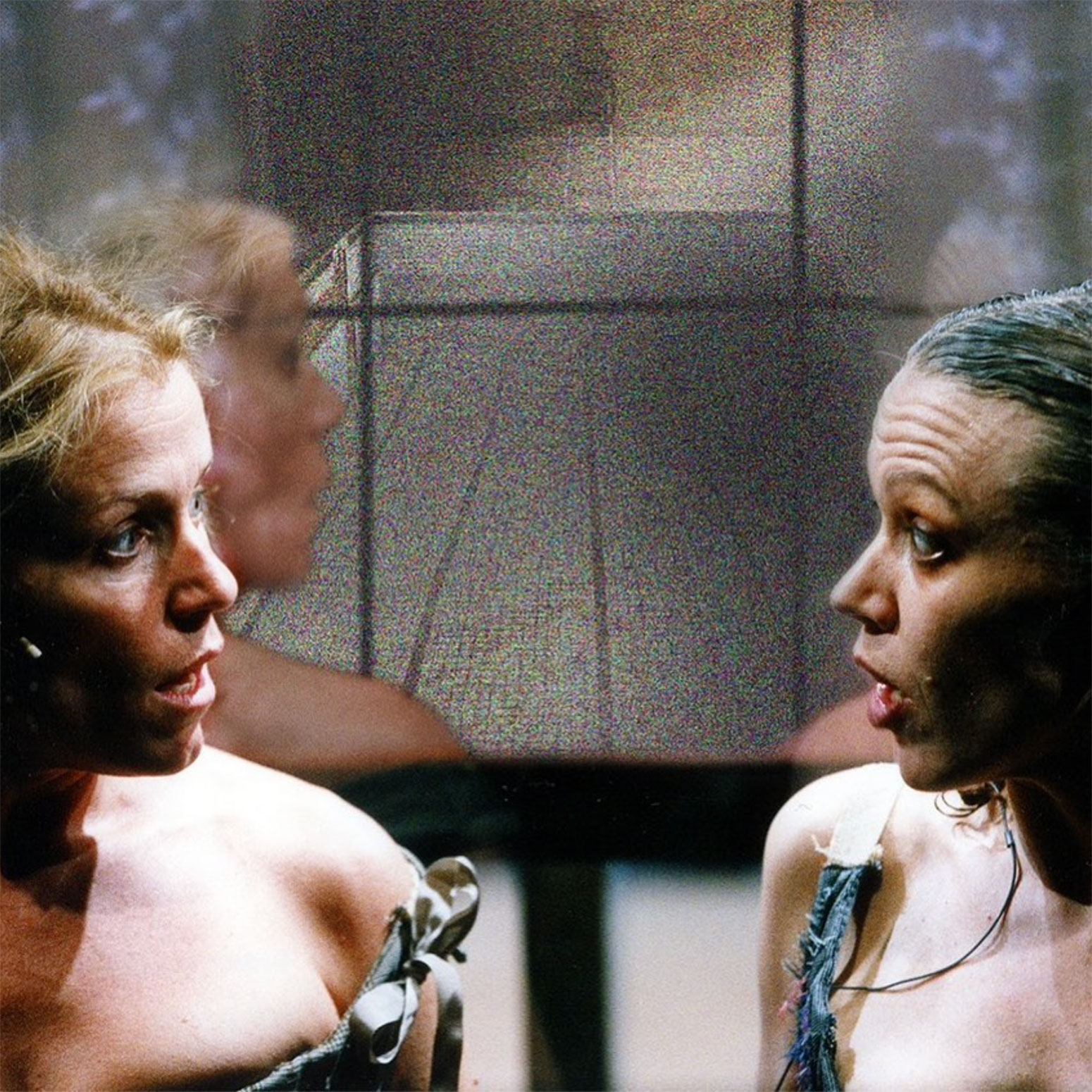The Wooster Group originated in 1975 with works composed by Spalding Gray and director Elizabeth LeCompte around Gray’s personal history (the THREE PLACES IN RHODE ISLAND trilogy: Sakonnet Point, Rumstick Road, and Nayatt School).
In 1980, they formally founded The Wooster Group, along with Ron Vawter, Kate Valk, Jim Clayburgh, Willem Dafoe, and Peyton Smith. Since its founding, the group has sustained a full-time ensemble with an evolving core membership joined by many artistic associates.


Under the direction of Elizabeth LeCompte, the group has created over fifty innovative theater, film, and media pieces. These works challenge convention with their structural, technological, and visual experimentation. They include: from the 1980s, L.S.D. (… Just the High Points…), which incorporated Arthur Miller’s The Crucible with texts from 1960s American counterculture; Route 1 & 9 which juxtaposed a “soap opera” version of Thornton Wilder’s Our Town on TVs with live recreations of vaudevillian Pigmeat Markham’s comedy skits; and Frank Dell’s The Temptation of St. Antony from the writings of Gustave Flaubert and Lenny Bruce. Works from the 1990s include: Brace Up!, a version of Chekhov’s Three Sisters; House/Lights taken from a Gertrude Stein libretto; and radical re-imaginings of two plays by Eugene O’Neill, The Emperor Jones and The Hairy Ape. During this period, Ari Fliakos and Scott Shepherd joined the core company, and the group entered a new era with works including: To You, The Birdie! (Phèdre), a translation and adaptation of Jean Racine’s tragedy set on a badminton court; a version of Hamlet for the digital age; Cavalli’s opera La Didone set in outer space; Harold Pinter’s play The Room; The Town Hall Affair, an original piece based on the Hegedus/Pennebaker documentary Town Bloody Hall; A Pink Chair (In Place of a Fake Antique), an homage to the iconic Polish theater director Tadeusz Kantor; and a new production of Bertolt Brecht’s play The Mother. (For a complete list of works with full company credits see the Work section on the website.)
The company has collaborated with countless artists from all media to develop our work, including Ken Kobland, Jim Strahs, Richard Foreman, Trisha Brown, John Lurie, Bruce Odland, Jennifer Tipton, Frances McDormand, Hans Peter Kuhn, and Amir ElSaffar, among others.
In recent years, Kate Valk has taken a turn directing two pieces with the company: Early Shaker Spirituals and The B-Side: “Negro Foklore from Texas State Prisons”, both record album interpretations.
The Performing Garage has been The Wooster Group’s permanent home and performance venue since its beginning, and all of our work has been developed there. It was bought in the early 1970s when Soho was still an empty warehouse district being reinhabited by artists. The Wooster Group owns and operates it as a shareholder in the Grand Street Artists Co-op, which was originally established as part of the Fluxus art movement in the 1960s. Before the formation of The Wooster Group, The Performance Group, under the direction of Richard Schechner, developed and produced work at the Garage. From 1975-1980 the two groups shared the space. Prior to becoming a theater, the building was a metal stamping/flatware factory.
http://thewoostergroup.org/blog/
Want to stay informed on the latest happenings at the hotel and in the neighborhood? Subscribe to our e-newsletter below. (We’ll let you in on a few secrets along the way and share scenes of the stylish people and events at the hotel and in our neighborhood.)